
3-D Printers Could Help Spread Weapons of Mass Destruction
Experts warn that new technology makes it easier to covertly produce WMDs

Experts warn that new technology makes it easier to covertly produce WMDs
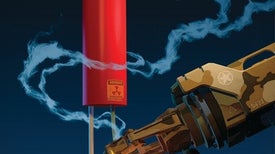
Missiles designed to destroy incoming nuclear warheads fail frequently in tests and could increase global risk of mass destruction

Weapons that kill enemies on their own threaten civilians and soldiers alike

YouTube, Facebook and other sites are working together to find and delete extremist propaganda and recruiting videos, but a new study says they can do better
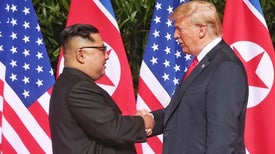
U.S. Secretary of State Michael Pompeo arrives Friday for negotiations, but the photos suggest North Korea leader Kim Jong-un’s regime is increasing its missile-making capabilities...

Google, Facebook, Twitter and Microsoft formed the Global Internet Forum to Counter Terrorism last year to prevent terrorists from exploiting their services
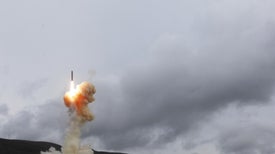
Rising seas will ruin Kwajalein Atoll site where 1,300 work and live

Online video serves the Islamic State and other terrorist organizations as a powerful tool for recruiting new members and inciting violence. A potential fix remains curiously in limbo
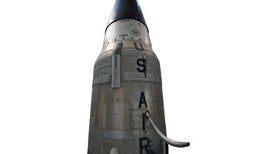
For the sake of the planet, the U.S. nuclear arsenal should not be on high alert

The U.S. military is taking steps to limit the chance that worsening droughts, rising seas and melting Arctic ice will hasten uprisings that threaten national interests

Nations must agree on penalties with sharp teeth to discourage state-sponsored cyber attacks

Seven enlightening studies from social psychology hold vital lessons for policy makers—and the rest of us
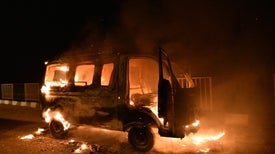
The psychology of group dynamics goes a long way toward explaining what drives ordinary people toward radicalism

New estimates of the number of civilian deaths resulting from nuclear attacks by one superpower on the strategic forces of the other further undermine the rationale for such attacks

The U.S. may be committing itself to preparing for a war limited to attacks on military bases, with relatively few civilian casualties. Would the casualties really be few, and could the war stay limited?...
Support science journalism.

Thanks for reading Scientific American. Knowledge awaits.
Already a subscriber? Sign in.
Thanks for reading Scientific American. Create your free account or Sign in to continue.
Create Account